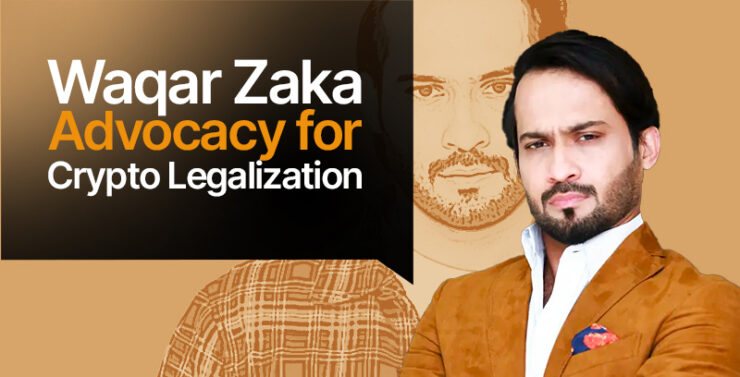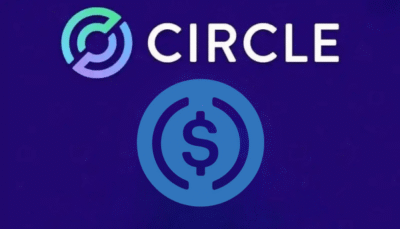Waqar Zaka, a Pakistani television host turned cryptocurrency advocate, has spent years pushing for digital currency legalization in his country. His efforts have spanned legal battles, social media campaigns, and direct engagements with policymakers. Yet, his influence is not without controversy, as legal challenges and allegations complicate his role in the ongoing policy debate.
Zaka emerged as a vocal proponent of cryptocurrency in Pakistan, using his public profile to challenge restrictive regulations. In response to a 2018 circular from the State Bank of Pakistan (SBP) that barred banks from handling cryptocurrency transactions, he filed a petition in the Sindh High Court (SHC). His argument centered on economic freedom, asserting that individuals should have the right to engage in digital currency transactions.
His legal battle intensified when the SHC set multiple deadlines for the government’s response. Zaka claimed that the failure to address his petition by December 17, 2020, would result in the de facto legalization of cryptocurrency. However, regulators maintained their cautious stance, delaying any decisive action.
Despite his legal efforts, a panel led by SBP Deputy Governor Sima Kamil recommended a ban on cryptocurrency in January 2022, citing risks related to money laundering and speculative trading. The conflicting viewpoints highlighted the divide between proponents and regulators, further fueling public debate.
Social Media Campaigns and Public Mobilization
Recognizing the power of digital platforms, Zaka leveraged his social media presence to rally support. His Twitter campaigns, particularly those using hashtags such as #cryptokolegalkaro and #DharnaWithWaqarZaka, sought to pressure policymakers into reconsidering Pakistan’s restrictive stance on digital currencies. With over 800,000 followers on X, his strategy extended beyond online activism, as he openly challenged government officials to public debates and even called for a meeting with then-Prime Minister Imran Khan to discuss cryptocurrency’s economic potential.
Zaka’s advocacy also extended to educational efforts, with his YouTube channel amassing 1.69 million subscribers. His content, which includes cryptocurrency tutorials and live trading demonstrations, has positioned him as a key opinion leader within Pakistan’s digital finance community. He has promoted the idea that early Bitcoin investments could have alleviated Pakistan’s national debt, a claim that has been scrutinized and debated in financial circles.
Shifting Government Stance
Initially resistant to cryptocurrency legalization, the Pakistani government has shown signs of reconsideration. In 2024, the SBP proposed amendments to legalize and regulate digital assets, marking a significant shift from its earlier opposition. This development contrasts with the 2022 recommendation for a complete ban, suggesting that advocacy efforts, including Zaka’s, may have played a role in reshaping the conversation.
The proposed regulations would establish a framework for legal cryptocurrency trading and mining, ensuring compliance with Anti-Money Laundering (AML) and Counter-Terrorism Financing (CTF) measures. However, the timeline for implementation remains uncertain, and opposition from regulatory bodies persists.
Legal Controversies and Public Perception
Despite his prominence in the cryptocurrency debate, Zaka’s credibility has been challenged by legal issues. In December 2022, a Karachi court issued non-bailable arrest warrants against him in connection with an alleged Rs86 million cryptocurrency scam. The case, which falls under the Pakistan Electronic Crimes Act and the Anti-Money Laundering Act, has cast a shadow over his advocacy.
His involvement in cryptocurrency education, particularly through his virtual academy, has also been scrutinized. While he claims to promote responsible trading, allegations suggest that some of his activities may have misled investors. These accusations, coupled with his assertive social media presence, have made him a polarizing figure within Pakistan’s financial and technological landscape.
As of March 2025, the status of cryptocurrency legalization in Pakistan remains in flux. While the SBP’s proposed amendments indicate a potential shift toward regulation, the final decision has yet to be made. The debate continues to weigh the economic benefits of digital currencies against concerns over financial stability and illicit activities.





